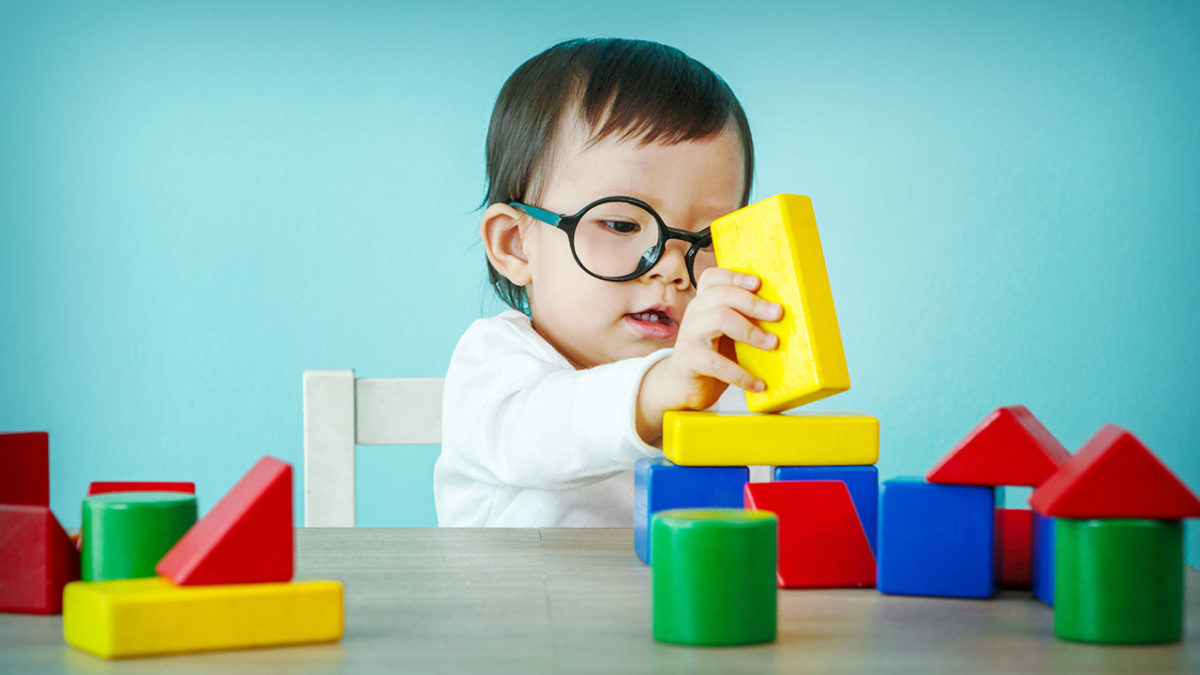
In their important book Play: How it Shapes the Brain, Opens the Imagination, and Invigorates the Soul, authors Stuart Brown (MD) and Christopher Vaughan explore the power that play has in enhancing our lives.
At every stage in life, from childhood through adulthood, the authors demonstrate how simply providing space and time for play can transform our lives. It is tempting to think of play as something frivolous and unproductive, but nothing could be further from the truth. Play provides all kinds of benefits, from expanding our emotional responsiveness, to helping us regulate stress, to providing inspiration in the creative process. The authors suggest:
The opposite of play is not work – the opposite of play is depression…a dulled soul.
And while it might strike us as strange that a medical doctor is speaking of the soul, the truth is that play’s most profound benefits are found in how they deepen our interior life – the work of the heart and soul.
I want to highlight a few insights from the book that I think are particularly helpful.
3 Insights from Play
1) Play Cultivates Our Emotional Intelligence
One of the most important benefits of play is that it helps us be attentive to the emotions of those around us. The authors note that play is a powerful shaper of emotional intelligence, defined as “the ability to perceive others’ emotional state, and to adopt an appropriate reaction.”
We see this dynamic in the earliest interactions between a parent and newborn. When a parent smiles lovingly at an infant who responds with coos, they are experiencing the power of attunement. The authors explain that in this playful interaction, “mother [or father] and child are synchronizing the neural activity in the right cortex of each brain.” They further explain that “attunement (the base state of play) buffers the growing infant and child against excessive surges of emotion. It also helps orchestrate the symphony of genetic signals that govern optimal brain development during childhood, adolescence, and young adulthood.” While it seems basic, attunement has dramatic power: it is linked to “later emotional regulatory activities, risk-taking decisions, and social judgments.”
Put simply, play makes us sensitive to how others are feeling – and that makes it easier to bond. This is one reason that employee retreats with exciting games and fun team exercises can be such a powerful aid to creative collaboration in the workplace. And on a broader level, this is why civic events like a hometown ball game can strengthen our ties with our neighbors.
All of us can benefit from the power of attunement: when we interact with others in a playful context, we find ourselves paying close attention to moods and emotions, and tailor our own behavior in response. By sharing in joy together, we can both strengthen our own inner life and become more responsive to the inner life of others around us.
2) Rough-and-Tumble Matters A Lot
Another important insight from the book is that movement play, including rough-and-tumble play, matters a lot. The authors write that “through movement play, we think in motion. Movement structures our knowledge of the world, space, time, and our relationship to others.” In fact, the authors note that “our knowledge of the physical world, based in movement, explains why we describe emotions with terms like ‘close,’ ‘distant,’ ‘open,’ ‘closed,’ and why we say we “grasp’ ideas, or ‘wrestle’ with them, or ‘stumble’ upon them.” Play connects us to our bodies, and being grounded in our bodies helps us to orient ourselves in both the physical and social world.
In contemporary America, there is often increasing parental concern over physical safety in play. And sometimes that genuine concern can prompt parents to get rid of any and all risky physical play. The authors warn that “lack of experience with rough-and-tumble play hampers the normal give-and-take necessary for social mastery, and has been linked to poor control of violent impulses in later life.”
In a similar vein, social games can also spill over into a more psychological variant of rough play, found in teasing, jostling, taunting, etc… Of course, social bullying is deeply detrimental and we should strive to protect kids from those situations, but some level of “rough” psychological play is also helpful because it can allow kids to learn where the lines are and how far is too far. As the authors explain, “kids at play can learn the difference between friendly teasing and mean-spirited taunting as they explore the boundaries between those two, and learn how to make up when the boundary is crossed.” And of course, this kind of play extended into adulthood: “we engage in the mock-wrestling we call teasing, joshing, kidding, or joking.”
There are risks in both physical and social “wrestling” and different parents will have different thresholds of what they are able and willing to tolerate. But in an era of helicopter parenting, we might need to recommit to providing space for kids to engage in the kind of rough-and-tumble play that can reinforce their responsiveness, increase their capacity for emotional regulation, strengthen their sense of agency, and develop their ability to deal with conflict.
3) Play Helps Us Make Sense of The World
One other powerful benefit of play is that it helps us make sense of our complex world, and even envision new possibilities. For children especially, play is central to figuring out how the world works, and what our place is within the world. The authors explain that “play’s process of capturing a pretend narrative and combining it with the reality of one’s experience in a playful setting is, at least in childhood, how we develop our major personal understanding of how the world works. We do so initially by imagining possibilities – stimulating what might be, and then testing this against what actually is.”
Pretend play allows kids to emulate what they see around them, and to experiment with the different social roles they perceive. But pretend play also lets kids deepen their imagination – by pretending to be a pirate, for example, kids are able to go beyond the constraints of their real-world setting.
The authors love imaginative play because of how deeply personal it is. They explain that “authentic play comes from deep down inside us. It’s not formed or motivated solely by others. Real play interacts with and involves the outside world, but it fundamentally expresses the needs and desires of the player.” As a form of exploring meaning, imaginative play can be a powerful aid to internal development. The authors note that it “integrates our deep physiological, emotional, and cognitive capacities.”
Conclusion: Making Time for Play
Today’s kids are being raised with considerably less time for unstructured play. Many parents feel pressured into placing their kids into as many extracurricular activities as possible, often with an eye to future college applications. The authors caution against falling into this trap:
We may think we are helping to prepare our kids for the future when we organize all their time, when we continually ferry them from one adult-organized, adult-regulated activity to another…But in fact, we may be taking from them the time they need to discover for themselves their most vital talents and knowledge. We may be depriving them of access to an inner motivation for an activity that will later blossom into a motive force for life.
In an era of hyper-competition, one of the best things you can do for your child is to give them permission to explore and develop their inner life through play. The benefits may not seem dramatic at first, but rest assured that this space and time will yield much fruit later. And in a similar vein, one of the best things you can do for yourself is to make sure you are pursuing opportunities to recharge and reignite imagination through play too. Remember, play is good for all of us, children and adults alike!
Of course, here at Demme Learning, we always encourage family bonding through play as well. And to get you started, we’ve created this list of 50 family favorite board games!
Recommended Reading
⦿ In this review, I talk about the importance of rough and tumble play. You can read more reflection on risky play here.
⦿ The Power of Blocks – Alexandra Lange is a design expert and a mother, and in her book The Design of Childhood, she combines these two aspects of her life. In my review of her book, I look at Lange’s insights on blocks as a time-tested and powerful aid to childhood development.




Leave a Reply